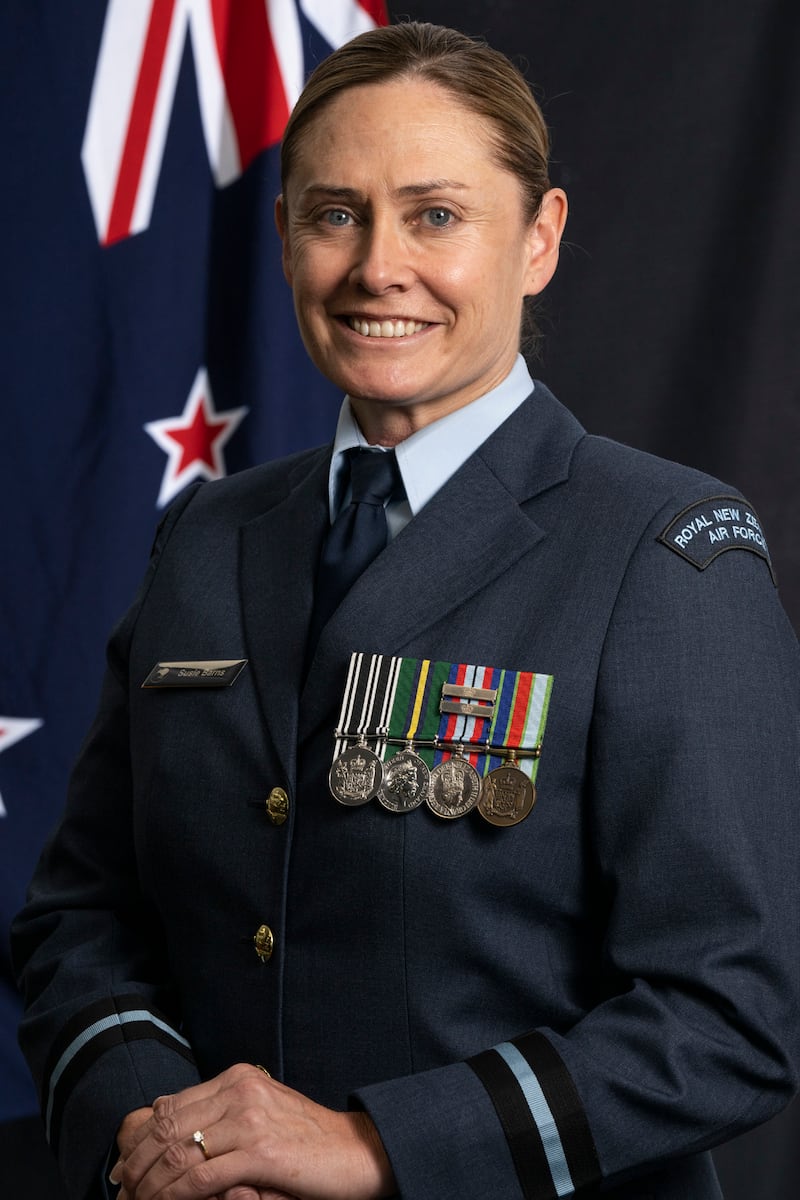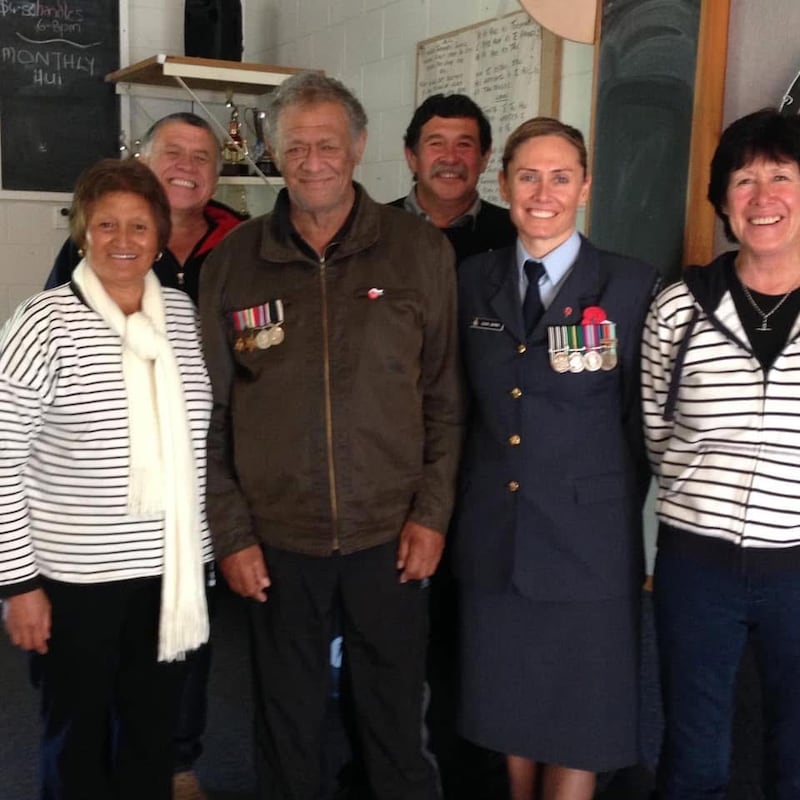From Tokomaru Bay to Sydney, Air Commodore Susie Barns (Ngāti Porou) is the first New Zealander and wahine Māori appointed Deputy Air Commander of the Royal Australian Air Force (RAAF).
It’s the first time a New Zealander has held such a high-ranking role in the RAAF, which Barns admits is overwhelming.
“There’s a lot of firsts, so that comes with a bit of expectation,” she says.
“It’s an awesome opportunity for me to role model [to] show that a wahine Māori can go and do some amazing things. [I’m] a firm believer in the adage, You can’t be what you can’t see.”
Air Commodore Barns’ appointment follows the signing of an agreement between the RNZAF and the RAAF last year, ensuring more opportunities for key high-level positions to be filled by each air force.

Te mahi ngārahu—he kaupapa tuku iho
I pakeke mai a Barns i roto i ngā mahi ngārahu, arā, ko ōna mātua tonu i whai mahi i raro te Ope Kātua i ngā tau ki mua. Nō te tau 1993, piri ai a Barns ki Te Tauārangi o Aotearoa.
“Starting at the bottom—I joined up to get a free education,” te kī a Barns.
“It was around study and the opportunities that the Air Force provided me to study for free whilst working and getting really relevant experience.”
He maha tonu ngā mahi kua tutuki i a ia i roto i ngā tau, ā, nō nā tata nei i eke ki te tūnga o te Logistics Commander (Air).
Ko ngā kawenga hou a AIRCDRE Barns, he whakahaere i ngā tukanga taritari, whakangungu, whakawhanake hoki a Te Tauārangi o Ahitereiria, e pūmau ake ai ngā hononga a ngā Tauaarangi e rua.
“Diversity of thought brings better outcomes for organisations. Just to think a little bit differently to those who have done the role before me.”

‘Tukuna mā ngā tikanga Māori tātau e ārahi’
Ahakoa he manu pīrere tonu a Barns i tōna hīkoitanga i te ao Māori, nā ōna kuia ia i whāngai ki te reo, i a ia e tamariki ana.
Nā wai rā, ka whakamahia ko te reo me ōna tikanga hei arahi i āna mahi katoa.
“I base my leadership philosophy on four key principles—kotahitanga, manaakitanga, whakamana, and kaitiakitanga.”
“I have used what I call the metaphorical beauty of the Māori language to explain that to an audience that is not Māori.”
Ka mutu, ko ana pūkenga kaiārahi katoa, he mea tuku iho i ōna tīpuna kōkā.
“My nanny [was] hugely influential—[she] passed away in her 90s when she passed away—probably the strongest wahine I’ve ever met in my life.”
“She was such an insightful and spiritual soul.”

Māori in the defence force
Recent data shows around 17 per cent of NZDF personnel are Māori, with the Army and Navy as other popular choices.
“As a young person looking towards the AF for a career, everybody sees the pilots and the [air] crew—they’re the ones that you see on the posters. There are so many trades, so many diverse opportunities [that] people just aren’t aware of.”
“Whereas you look at the army and everybody sees a soldier and the Ngāti Tūmatauenga tribal warrior type metaphor and reputation, and young Māori people naturally gravitate towards that.”
Barns says more education on the opportunities available to Māori in the RNZAF is needed.
He aha kei tua mō Te Tauārangi o Aotearoa?
However, she also notes how far the RNZAF have come in their hīkoi in te ao Māori, establishing their marae, Te Tūrangawaeawae o Te Tauārangi o Aotearoa in Ohakea almost 10 years ago.
“RNZAF have come a long way, but it’s about breaking down that stigma about what young Māori people can do in our organisation and the opportunity that they can take.”
She hopes to influence more Māori to join the forces and find roles that work for them.
“When it comes to influencing people and young Māori women in particular, I think [we] tend to undersell ourselves—we’ve got some exceptional talent out there.”
AIRCDRE Barns will be based in Glenbrook, Sydney, for the next two years.



